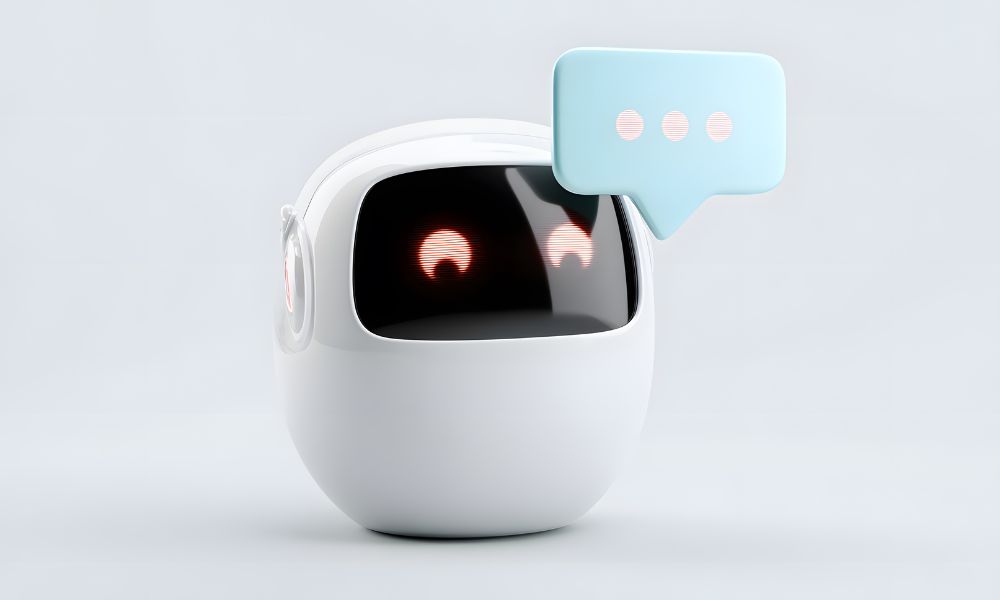Introduction
Chatbots have transformed digital marketing by enabling businesses to engage with customers in real time. These AI-powered systems handle conversations, collect data, and guide potential customers through the sales process. In 2025, chatbots are essential tools for lead generation, providing personalized experiences while reducing operational costs. Companies using chatbots report higher engagement rates, faster response times, and improved conversion ratios lead generation chatbot.
Understanding Chatbots in Digital Marketing
A chatbot is an automated program designed to interact with users using natural language. In digital marketing, chatbots serve multiple functions, including answering customer queries, offering product recommendations, and qualifying leads. Advanced chatbots use machine learning algorithms to analyze user behavior and predict needs. This allows businesses to deliver targeted messages and personalized offers.
Integration with customer relationship management (CRM) systems enables chatbots to track user activity, store preferences, and maintain conversation history. This information is used to improve future interactions and enhance lead quality.
Role of Chatbots in Lead Generation
Chatbots streamline lead generation by engaging visitors and collecting information efficiently. Traditional lead forms often result in abandoned submissions, while chatbots maintain a conversational flow that encourages completion. They capture data such as name, email, location, and product interest. AI chatbots can also assess the quality of leads based on responses, ensuring that sales teams focus on high-value prospects.
Chatbots personalize interactions through context-aware conversations. They analyze previous behavior, purchase history, and browsing patterns to offer relevant suggestions. For instance, an e-commerce chatbot can propose products similar to those a user viewed, increasing the chance of conversion.
Personalization in Lead Generation
Chatbots use personalization techniques to enhance user engagement. Greeting returning visitors by name or referencing prior interactions makes conversations more relevant. Behavior-based triggers, such as spending over 60 seconds on a product page, can prompt the chatbot to offer additional information or incentives. Contextual follow-ups through email or chat maintain engagement even if the user leaves the website.
Automated lead qualification is another advantage. Chatbots ask targeted questions to determine a prospect’s budget, location, or service requirements. This process reduces unqualified leads and improves sales efficiency.
Benefits of Using Chatbots
Chatbots provide several measurable benefits in digital marketing. They reduce response time, ensuring that users receive immediate assistance. This instant support increases user satisfaction and trust. Operating 24/7, chatbots handle multiple conversations simultaneously, which is not possible with human staff. Studies indicate that companies using AI chatbots can increase lead conversion rates by up to 50%.
Data collected by chatbots helps segment audiences effectively. Marketing teams can use insights such as user location, device type, and interaction history to create tailored campaigns. Cost efficiency is another benefit, as chatbots reduce the need for large customer support teams while maintaining consistent engagement.
Challenges and Considerations
Despite their advantages, chatbots face challenges. Understanding complex user queries may be difficult, especially in industries with technical or specialized language. Continuous updates and training of AI models are necessary to maintain accuracy.
Data privacy is another critical concern. Compliance with regulations like GDPR ensures that user information is collected and stored securely. Integration with CRM and marketing platforms can be complex, requiring technical expertise to ensure seamless data flow.
Best Practices for Chatbot Implementation
Effective chatbot deployment starts with clear objectives, such as lead qualification or customer support. Conversational design should focus on clarity and user experience. Monitoring performance metrics like engagement rate, lead conversion, and response time is essential for optimization.
Security measures, including encryption and user consent, help protect sensitive data. AI chatbots should be tested regularly to identify gaps in responses and improve performance. Organizations should also plan for escalation protocols, allowing complex queries to reach human agents when necessary.
Conclusion
Chatbots are revolutionizing digital marketing by automating interactions and personalizing the lead generation process. They capture and qualify leads efficiently, reduce operational costs, and improve customer engagement. With advanced AI and machine learning, chatbots adapt to user behavior, provide context-based recommendations, and maintain continuous communication. Businesses integrating chatbots gain a competitive advantage by streamlining lead generation and optimizing marketing performance in the digital era.
FAQs
What is a digital marketing chatbot?
A digital marketing chatbot is an AI-powered tool that interacts with website visitors, answers queries, and collects data to generate and qualify leads.
How do chatbots improve lead generation?
Chatbots enhance lead generation by providing personalized conversations, capturing relevant data, and automating qualification processes.
Can chatbots operate 24/7?
Yes, chatbots function continuously, handling multiple interactions simultaneously without downtime.
Are chatbots suitable for all industries?
Industries such as e-commerce, finance, healthcare, real estate, and education benefit significantly from chatbots in lead generation and customer engagement.
Is user data collected by chatbots secure?
Properly implemented chatbots comply with data protection laws, use encryption, and require user consent, ensuring secure data collection and storage.
